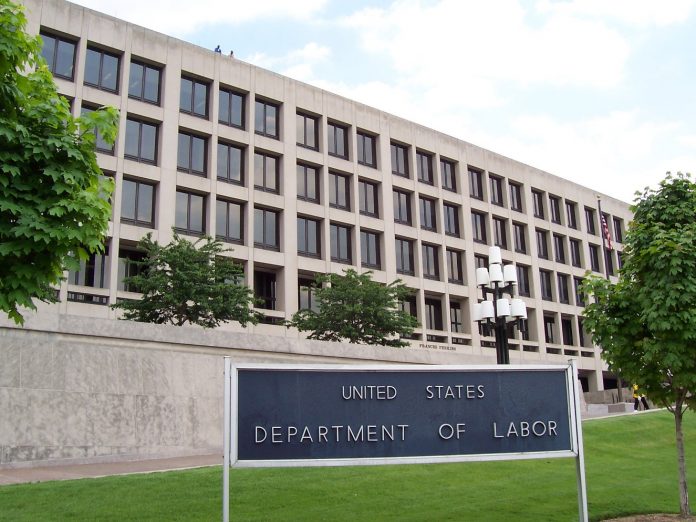(The Center Square) – Six criteria, none weighted more than the other, will determine a new labor law’s impact on millions of independent workers’ legal protections and compensation.
Enforcement and interpretation of the U.S. Department of Labor’s classification on “independent contractors,” a group sometimes referred to as gig workers, are being criticized by business groups ahead of the March 11 implementation. The Biden administration introduced the proposal about 15 months ago; publishing of the rule in the Federal Register is expected Wednesday.
“The six-factor test the DOL will apply to determine independent contractor status is so broad and arbitrary that any independent contractor could be considered an employee,” said Karen Kerrigan, president and CEO of the Small Business & Entrepreneurship Council.
The half dozen considerations, according to a release, are any opportunity for profit or loss a worker might have; the financial stake and nature of any resources a worker has invested in the work; the degree of permanence of the work relationship; the degree of control an employer has over the person’s work; whether the work the person does is essential to the employer’s business; and a factor regarding the worker’s skill and initiative.”
In a statement, the Department of Labor’s interim Secretary Julie Su said, “Misclassifying employees as independent contractors is a serious issue that deprives workers of basic rights and protections. This rule will help protect workers, especially those facing the greatest risk of exploitation, by making sure they are classified properly and that they receive the wages they’ve earned.”
The previous rule prioritized the company’s control of the worker and the “entrepreneurial opportunity” the work provides. Most often, under this guidance, independent contractors would not necessarily get minimum wage or benefits such as health coverage, Social Security contribution, unemployment insurance, overtime pay, paid sick leave, or paid vacations.
In a statement, Uber’s federal affairs leader C.R. Wooters said, “This rule does not materially change the law under which we operate, and won’t impact the classification of the over 1 million Americans who turn to Uber to make money flexibly.”
Other major rideshare operations agreed. Lyft said its business model would remain intact.
A number of other industries will have decisions to make, though not necessarily change in practice. Delivery drivers, security guards, call center workers, truck drivers and construction workers are others known for independent contracts. So does the art performance world and a number of communications companies.
Chip Rogers, president and CEO of the American Hotel & Lodging Association, also expressed disappointment.
“We are extraordinarily disappointed,” he said, “that the Labor Department dismissed the concerns of the thousands of small business owners AHLA represents and is insisting on making it harder for hotels to maintain operations in what is already one of the toughest labor markets in recent history.
“In the face of a nationwide shortage of workers, hoteliers need maximum flexibility to hire independent contractors, and contractors often prefer the flexibility of being classified this way. Despite this reality, the Labor Department is focused on making it harder – not easier – for hoteliers to hire the workers they need. AHLA is reviewing opportunities to legally challenge this regulation to restore certainty for America’s lodging industry.”
Originally published by The Center Square. Republished with permission.
For more from Budget & Tax News.
For more public policy from The Heartland Institute.











